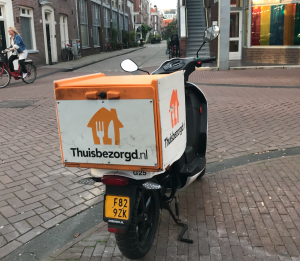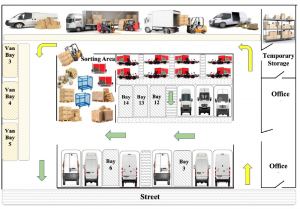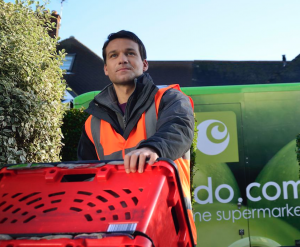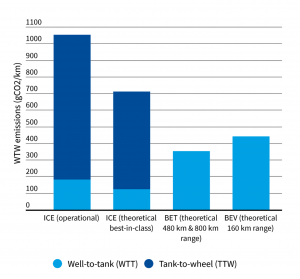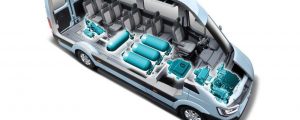LeasePlan reveals most EV-ready markets
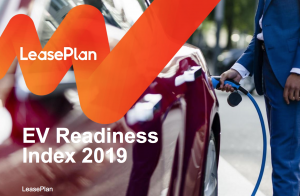
Driving an electric vehicle is now a viable option in an increasing number of European countries but some markets are decidedly more prepared than others. Research carried out by LeasePlan for its EV Readiness Index 2019 looked at the maturity of the EV market (also including plug-in hybrids), the maturity of EV infrastructure, government incentives …



